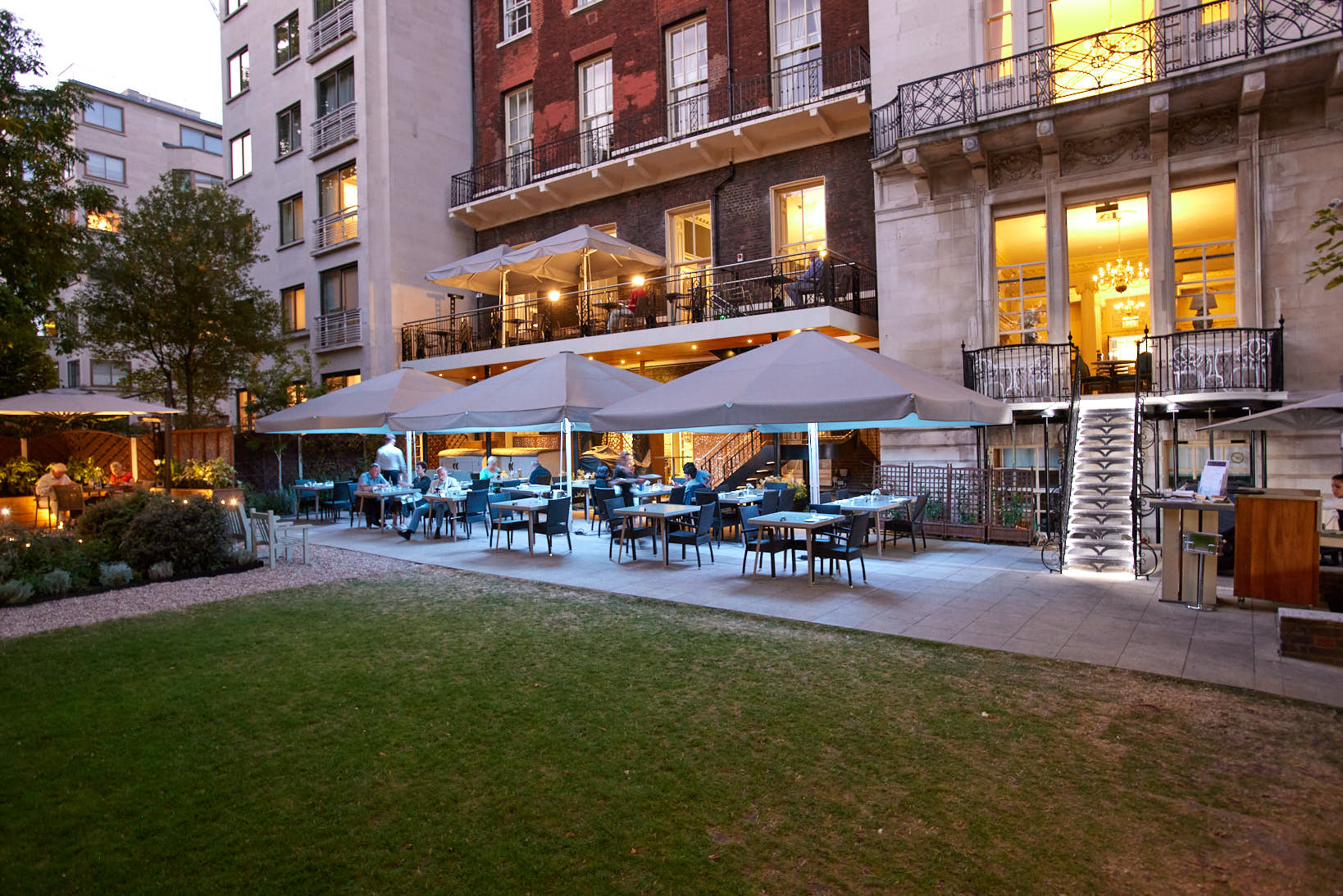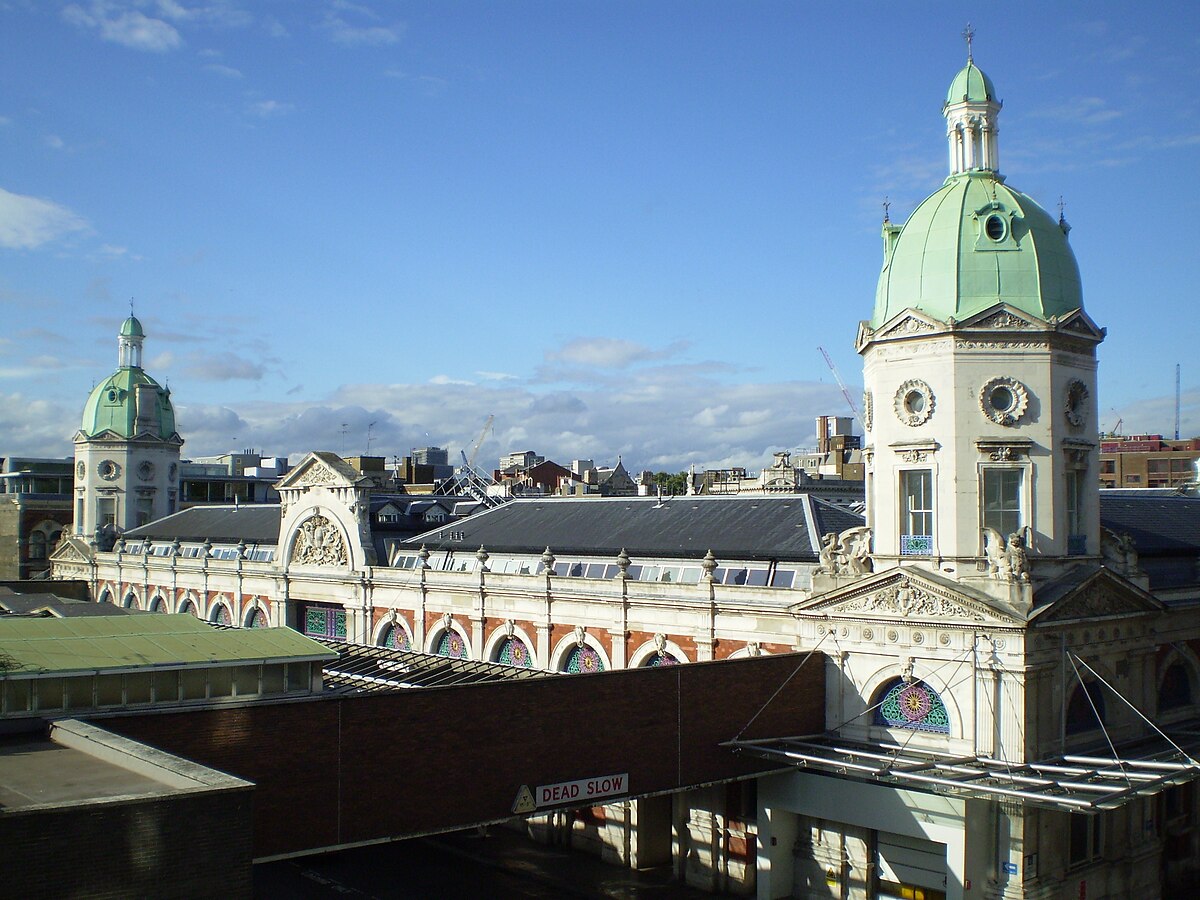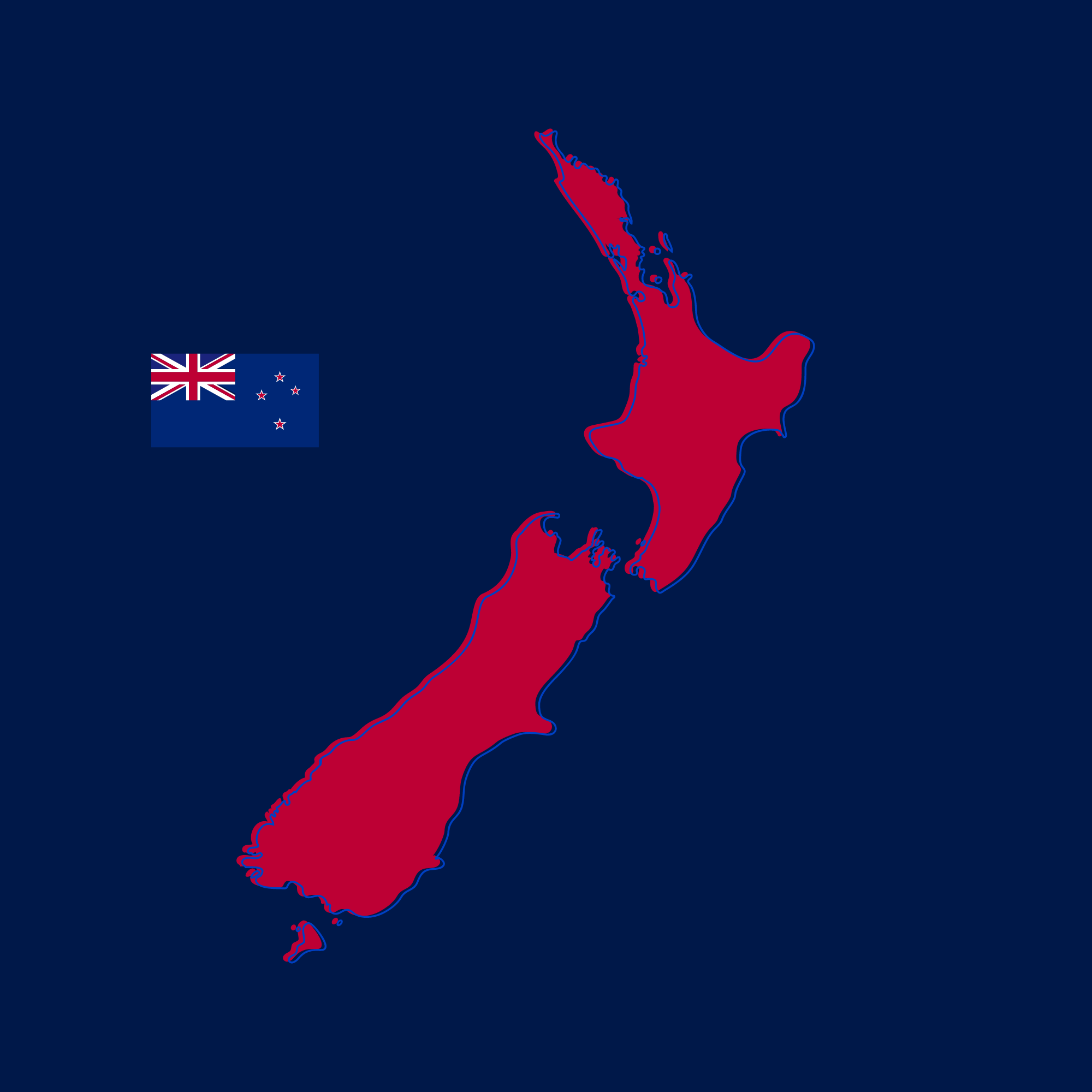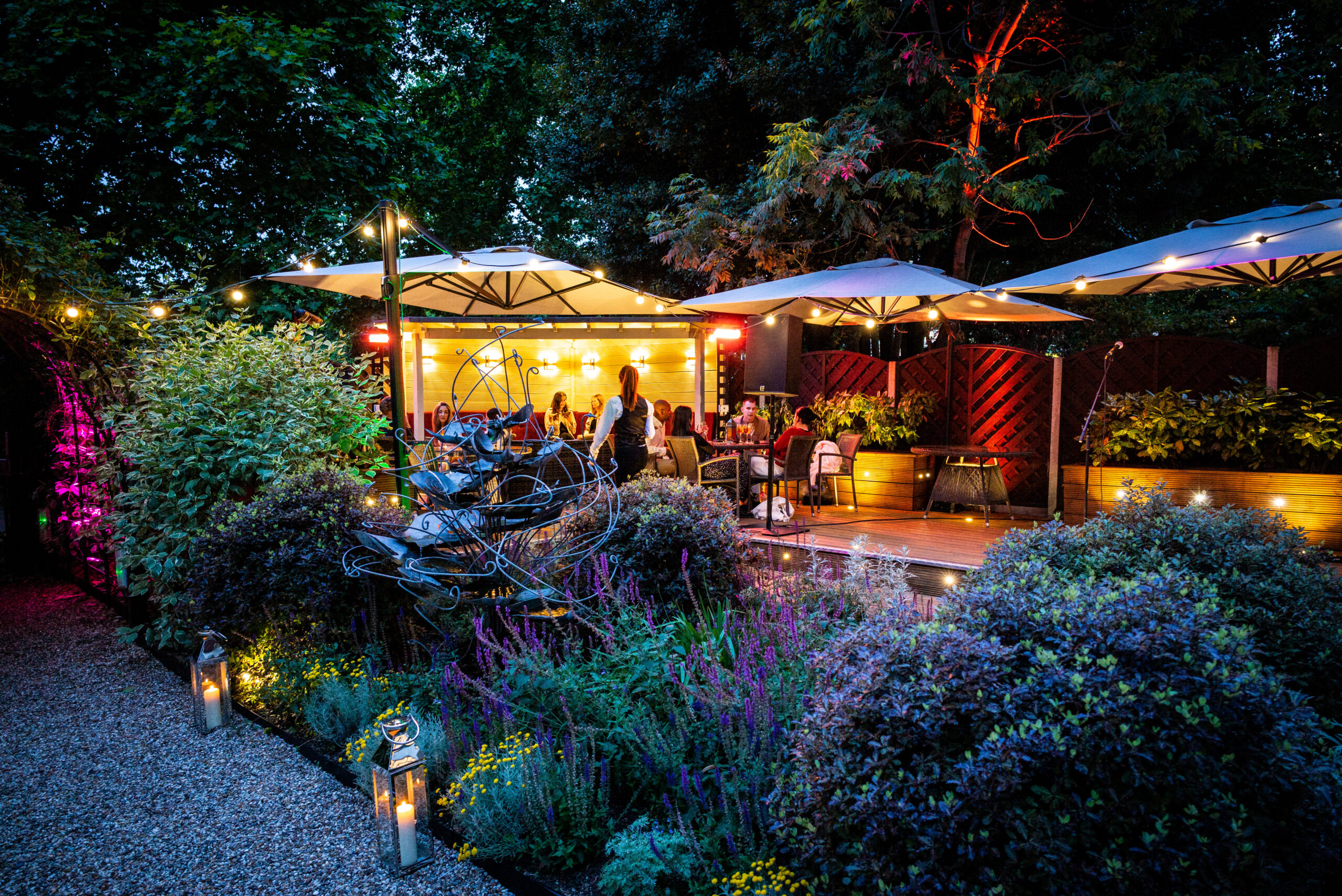- About Us
- Membership
- What’s On
- ROSL Events
- About Club Events
- Public Affairs
- Calendar of Events
-
Upcoming Events
-
A Taste of South Africa: Summer Wines & Canapés
Wed. 02 July - 18:45
![la-brune-wines-south-africa-2]()
-
Public Affairs Series: Rt Hon Sir Jeremy Hunt MP
Thu. 03 July - 18:30
![Jeremy Hunt picture]()
-
Mozart, Shostakovich and Brahms with the Aquinas Trio
Fri. 04 July - 18:30
![ROSL_Arts_MMSOL_Aquinas_Trio_Concert]()
-
London History Series: A Walk Through Medieval Smithfield
Wed. 09 July - 13:30
![Smithfield London]()
-
Exhibition Opening: Spaceshifting
Thu. 10 July - 18:00
![michelangelo]()
-
Saxophone Lounge Nights in the Garden
Fri. 11 July - 18:30
![saxophone lounge live music]()
-
Annual Music Competition, Gold Medal Final 2025
Fri. 18 July - 19:30
![ROSL Annual Music Competition 2024 Wigmore Hall]()
-
NZ Concert & Garden Drinks
Mon. 21 July - 18:15
![ROSL_Pettman_Scholars_2024_Lorna_Madeleine_NZ_Concert]()
-
Saxophone Lounge Nights in the Garden
Fri. 25 July - 18:30
![Brabourne Room & Garden, Club’s Brabourne Room The Garde an Rosl]()
-
Jazz in the Garden
Fri. 01 August - 19:00
![Jazz in the Garden - Oliver Lord]()
-

Maldives | Shifting Tides 2023
07 October 2023
30 September – 19 November 2023
General Public, Free Admission, by appointment (contact roslarts@rosl.org.uk)
Hussain Ihfal Ahmed | Samah Ahmed | Zifla Ibrahim | ShaffOcean | Aishath Shirhan
Unveiling Resilience
The Maldives, an Indian Ocean archipelago comprising 1192 low-lying islands of 26 natural coral atolls nestled in the heart of the Indian Ocean, represents a striking example of the intricate interplay between nature, culture, and the imminent perils of climate change. With its crystalline azure waters, velvety beaches, and coral reefs that explode with vibrancy, this island nation has a long history of captivating the imagination of travellers and explorers. Spanning over a million square kilometres, these islands held pivotal significance as bustling commercial hubs within the maritime crossroads, facilitating the exchange of peoples, goods, knowledges and ideas across the region and the broader world.
Embedded within the Maldives collective identity are the wonders of its natural surroundings, including its coral reefs and diverse marine life. Culture thrives in the Maldives through its deep-rooted connection with nature, as evidenced by traditional practices, art forms and indigenous knowledge. Exemplifying the nation’s artistic prowess while embodying sustainable practices passed down through generations, delicate techniques such as boat building, mat weaving, coral stone architecture and lacquer art showcase this symbiotic relationship. Over the centuries, the Maldives welcomed various visitors, each leaving an indelible mark on the social and cultural tapestry of the nation, from Buddhist monastic communities to the Muslim Sultanate of the 12th century, followed by brief Portuguese occupation in the 16th century, and later, Dutch, and British protectorates before the Maldivian declared independence in 1965. Yet, the looming threat of climate change-induced changes holds the potential to intensify the vulnerability of the Maldives’ cultural heritage to climatic stressors.
Situated with an average elevation of only 1.5 meters above mean sea level, the Maldives ranks among the flattest countries worldwide (Ministry of Environment 2019). As such, the country is also one of the most vulnerable to the adverse impacts of anthropogenic climate change, particularly concerning sea level rise and temperature, where ‘vulnerability’ is ‘the degree to which a system is susceptible to, and unable to cope with, adverse effects of climate change, including climate variably and extremes’ as defined by the Intergovernmental Panel on Climate Change (IPCC).
As a Small Island Developing State (SIDS), the Maldives, like many other countries that fall into this category, possess limited adaptive measures to address the ramifications of global warming. Critical infrastructure, such as hospitals, transport and communication infrastructure, hospitals, schools, or airports, is situated in close proximity to the coastline, rendering local communities highly vulnerable to coastal hazards. Consequently, any calamities in these coastal areas can significantly impair livelihoods. Moreover, the ocean on which the Maldivian atolls floats harbours the seventh largest reef system in the Indian Ocean. This reef system serves a formidable natural barrier against tsunamis and other ocean-related hazards, effectively mitigating the impact of waves on coastlines. However, the reef structures themselves are not exempt from the ravages of climate change. Rising sea surfaces temperatures (SST) trigger several coral bleaching events, where corals are under stress and expel the algae that lives within them, leaving behind a colourless skeleton. At the same time, increasing ocean acidification poses a substantial threat to the erosion of Maldivian reefs, ultimately endangering coastal protection and the preservation of marine ecosystems. Thus, beneath the idyllic veneer of this tropical paradise, the Maldives harbours a tale of interconnected vulnerabilities and resilience, where the destiny of nature and culture precariously hangs in the balance due to the ever-escalating impact of climate change.
Maldives | Shifting Tides is a call to protect the unique treasures of this archipelago, ensuring a sustainable future where nature and culture can continue their dance in harmony. This exhibition aims to inspire visitors to become agents of change and advocates for a more sustainable world, as it hopes to evoke an emotional response to the art that tackles the imminent crisis. Together, we can shift the tides towards a brighter future for the Maldives and beyond.
In partnership with the High Commission of the Maldives. For more information and sales enquiries please contact roslarts@rosl.org.uk





















